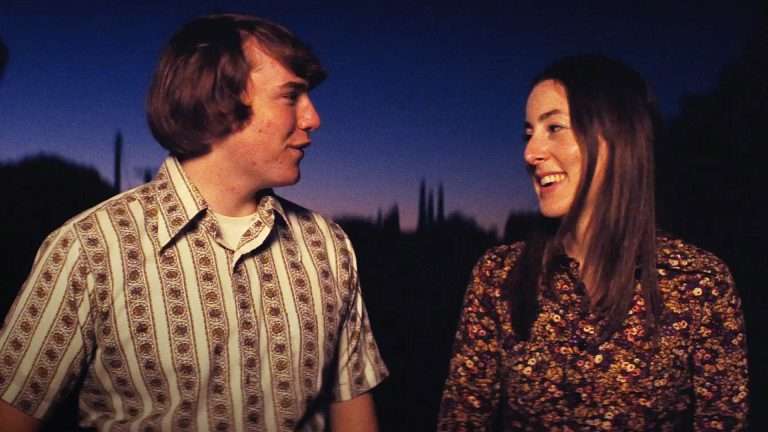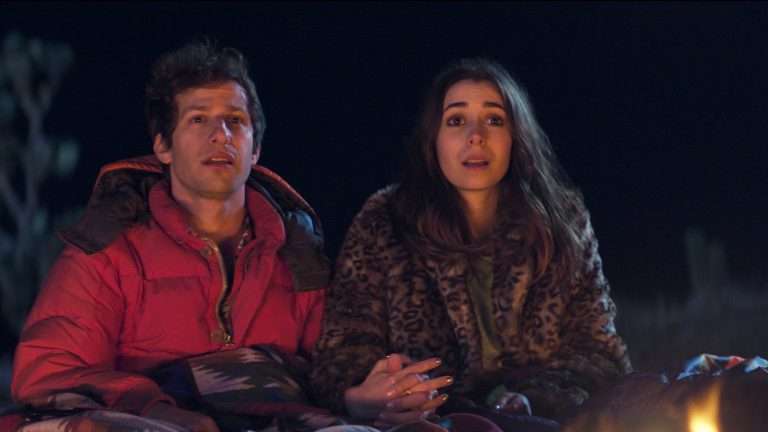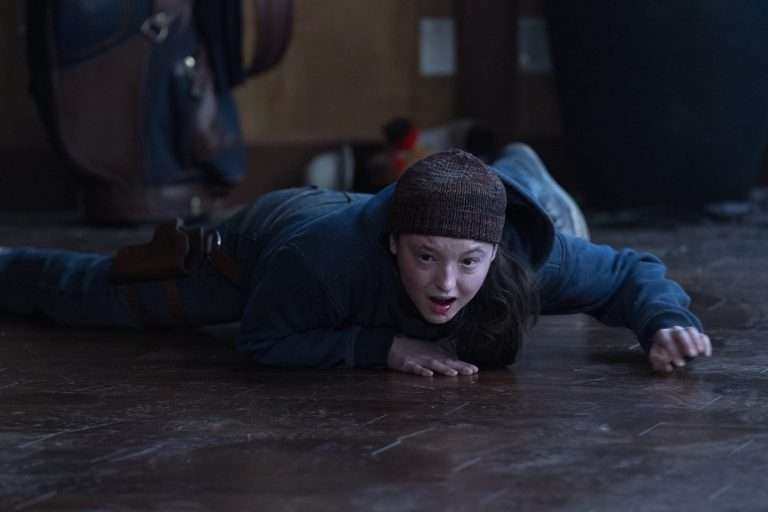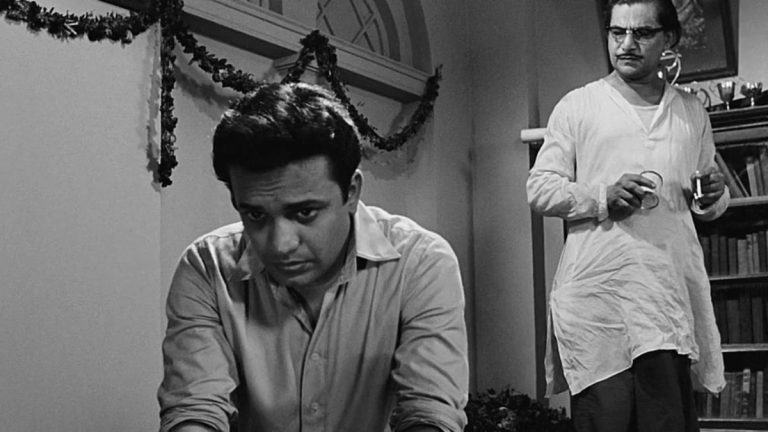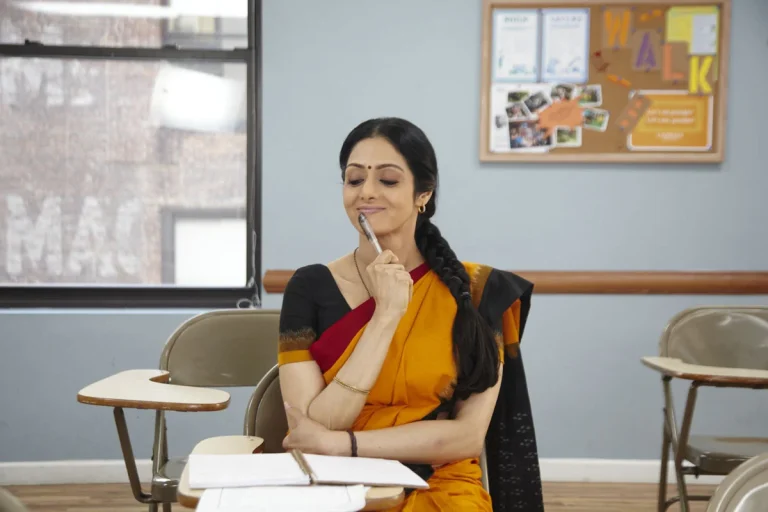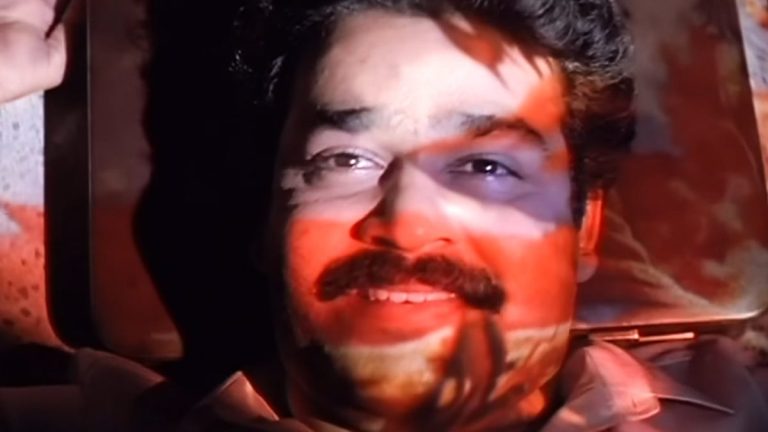This article contains spoilers.
Just as art imitates life, sometimes it justifies its own, too. I watched “Paterson” the other night not because I’m a film junkie and needed the purist’s hit of Jim Jarmusch so much as there was the weeist bit of serendipity involved, the slightest hint of synchronicity to the matter, and I was left with no choice, really.
Please, bear with me.
It’s like this: I’ve had a somewhat loving, somewhat strained relationship with writing for as long as I can remember. It was one of the few things that came naturally to me as a kid and that I had a fair amount of easy success with, therefore it was the last thing on earth I wanted to do anything with. As the years went on into young adulthood and beyond I kept returning to it like an old friend who’s always been there for you that you’ve always taken for granted, so you dedicate some long overdue time and attention to it until something else shiny and new comes along and pulls your interest away from it, yet again.
Eventually I made the shocking discovery that my mind is like a bad neighborhood: No one should go in there alone. But I live there, so later on in life it became the only way to get me out of my head and into something safer, some place less likely to make me want to do myself in and more likely to want to figure out what the hell it is I’m supposed to be doing while I’m here.
As a result, writing and I have spent the better part of my life in a funny little dance in pursuit and avoidance, abandonment and return, burial and resurrection of one another. I would never in a million years call myself “a writer” – actual writing on a regular, consistent basis has to be done before one deserves to call themselves that, in my humble estimation – but time has quite inconveniently forced my attention upon the fact that I don’t have it all in front of me anymore, and suggests perhaps I should quit screwing around and finally acknowledge the fact that writing’s exactly what the hell I’m supposed to have been doing the whole damned time I’ve been here, and to “Get with it, you fool!”
Point taken.
Which leads me, finally, to the moment of serendipity/synchronicity I mentioned earlier that brought me to “Paterson”. If you’ve read “The Artist’s Way” by Julia Cameron (or if you’ve just happened to notice it in life in general), you may be familiar with the idea that when you’re on the right track in art (or life), you’ll find mystical little road signs will pop up here there which confirm you’re headed in the correct direction and offer encouragement to keep going. For example: having obeyed time, while in the midst of writing a short story with a character with the last name of Paterson, I sat for a moment, thinking about my choice to use the somewhat quirky spelling of ‘Paterson’ and whether I should use ‘Patterson’ with two t’s instead, and made the very specific decision to stick with the former.
Please don’t ask me why – it just seems right for the character, and who really gives a fig? But it’s just the kind of thing that has also always made me wonder why any of it matters, anyway, and led me to just stop writing right there. Some hours later, maybe even the next day, what did I come across but a thumbnail about a little movie called – you guessed it – “Paterson” on YouTube.
And no, unless it now has the power to read minds, it was not just the internet up to all its old algorithmic tricks again – all the writing I’d done was far away from Google, so to say the least, I was intrigued. Wouldn’t you be? So, of course I watched the video, then went on over to Letterboxd, where I’ve spent an eternity cataloguing all my favorite and watched films (because that’s writing, too), and put the movie on my Watchlist.

Also, apparently being one to sometimes look a gift horse in the mouth, I mostly just wondered: Why? What’s in this film for me, besides a couple hours of (hopefully) solid entertainment or enlightenment? I mean, really – what’s a completely out of left field, unrelated story about a poem-writing bus driver gotta do with me?! But then, if it really was a road sign pointing toward my smart tv and screaming out “Over here!” shouldn’t I follow along and see where it takes me?
So, I did – I followed along. And what I found was a quiet, lovely little slice of life character study about a poem-writing bus driver. Of course, there was a little more to it than that, but overall it’s the story of a week in the life of Paterson, played by the always captivating Adam Driver, who during the day drives a city bus and on breaks writes poetry consisting largely of what he notices about life, then goes home to his delightfully loving and supportive partner Laura, played by Golshifteh Farahani, and her confounding English bulldog Marvin, who plays a pivotal role in the film.
Paterson’s life isn’t very unlike anyone else’s, really. He works. He goes home. Then he takes the little shit Marvin, with whom he shares a mutual disdain, for a walk down to the neighborhood watering hole where he enjoys a beer and a little bit of conversation with the bartender and some of his fellow patrons before going home and getting up at exactly the same time the next day, sans alarm, to do it all over again.
Laura may also have a day job we don’t know about, but she’s already there by the time he arrives home from work, knee deep in some new creative process of her own, which tends to involve painting all manner of black patterns on white backgrounds (and vice versa) that you can see she’s peppered the house with, whether it be the kitchen window’s curtains or the bathroom’s shower curtain – she’s been busy. And she loves Paterson’s poetry – can’t reiterate it enough, how wonderful she thinks it, and he, is. She asks and reminds him repeatedly throughout the film to take his special, “secret” notebook down to the local copy shop and make a copy of his work just for her. And maybe a few more to share with the rest of the world while he’s at it, too.
But Paterson’s reluctant. The poetry thing is just his, and besides, he doesn’t think it’s anywhere near as good as his famous local hero, William Carlos Williams, so why would anyone else want to read it, anyway? Williams was a fellow native of Paterson, New Jersey, where the story is set. When he wasn’t treating patients as a physician, Williams wrote his now famous poetry.
Also Read: The Fantasy of Reality in the Films of Jim Jarmusch
It’s not like it’s going to end up in the kind of thick anthology Williams’s work is in that Paterson keeps in his small library on a shelf by his desk in the basement at home, and which he picks up and holds in his hands from time to time, looking at it, feeling the weight of it, revering it and all it contains the way the religious do a holy scripture. No, best to just keep it to himself, which he’s more than happy to do. Laura may be the only one who’s ever seen any of his work, or ever will. He won’t even admit he’s a poet to anyone.
Suffice it to say, I understand his feelings completely.
But then, the climax of the film is what happens when the enmity between Paterson and Marvin, who already does everything he can to make Paterson’s life less enjoyable as possible (and does a damned fine job of it), comes to a head. Paterson makes the mistake of leaving his special, secret notebook on the sofa at home, and Marvin has his way with it while Paterson and Laura go out for dinner and a movie. When they return home, they see that Marvin has torn something into tiny little bits, and when they realize what it is, Laura’s beside herself with remorse and anger at Marvin, but it’s as if Paterson’s simply just resigned.
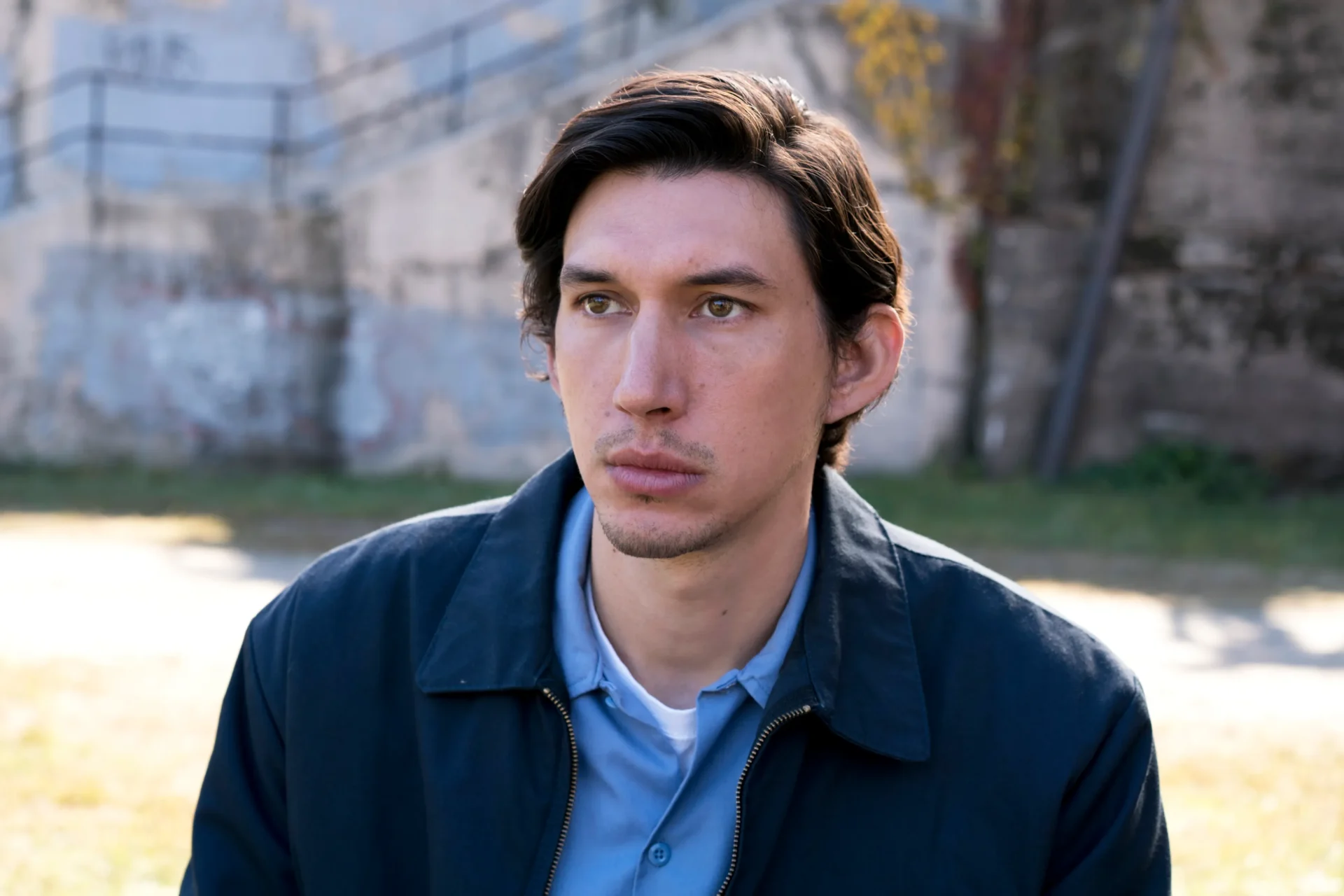
“Well, that’s it, then; it’s over,” he must think but doesn’t say. He doesn’t have a fit or go after Marvin with a cleaver, he doesn’t break down and cry, he doesn’t do anything except adhere to his routine and just goes to bed. Only the next day his routine’s already screwed up a little – he wakes up later than he normally does, and at first you can see he feels like now everything’s falling apart. He can’t even wake up on time! But Laura helpfully, in her always kind and supportive way, reminds him that it’s Sunday and no big deal, and invites him to go back to sleep with her.
Later in the morning, while he’s sitting on the sofa having a stare down with Marvin, Laura comes in and drags the dog outside – where he belongs! – and offers to get Paterson a new notebook. But he declines and decides he just wants to go for a walk. So that’s what he does, and visits a favorite place, a park near Passaic Falls where he often spent his time, sitting on a bench and writing.
But today, he just sits there doing nothing, trying it out for size, when along comes a Japanese tourist who arrives and asks if he can sit down on the same bench. As it happens, the tourist is in Paterson (New Jersey) because he is also a fan of William Carlos Williams and a poet himself. In talking to Paterson and asking him questions, the tourist learns nothing, really, because that’s all Paterson’s willing to share with him.
Yes, he’s heard of Williams, but no, he himself doesn’t write poetry, and so on. After a few minutes, the tourist, who also happens to have a bag full of notebooks he uses to write his poetry in, gets up and bids Paterson adieu. It’s the kind of brief, friendly but not too friendly exchange we have with strangers, and were it not Paterson’s own major synchronistic moment, the man would simply have walked away and that would’ve been that.
But it is Paterson’s major synchronistic moment, so the man turns around, comes back, pulls out a blank notebook (which looks to be the kind someone made, when Paterson looks more closely at it) and gives it to him. At first, he tries to refuse it, but the man won’t hear of it, he insists, so not being a rude person, Paterson accepts the gift gracefully, and then the man gets going again. But before he leaves the park entirely, he turns around and says, “A ha!” And then exits, stage left. “A ha,” Paterson repeats quietly to himself.
The movie ends with Paterson resuming his poetic ways, using his new special, secret notebook to carry on with when he’s not driving the bus. He got the message – “You’re on the right track – keep going!” And I got the message, too. In fact, I was gobsmacked. I did not see that coming, but boy am glad I followed the sign. I also got the message that rather than ending up in as vaunted a text as his hero Williams’s work is, Paterson’s work may always remain in several special, secret notebooks over his lifetime, but that’s beside the point.
The point is that like a passenger on his bus route, it doesn’t necessarily have to go anywhere – as long as it gets going, that’s all that matters. As long as it gets done. Because William Carlos Williams may have thought the same way – that he was a physician who just happened to write a little poetry on the side, and that it was a side endeavor, a way to express himself, and not much else. He may not have thought it was ever going to go places, either, but it can’t go somewhere if it doesn’t live anywhere at all, can it?
As it happens, a little while later I caught an article on Letterboxd which directed me here to High On Films, a site I had never come across before – and one that invites visitors to write for them, too. How very synchronistic, indeed. Oh, and I finished my “Paterson” story, by the way.


